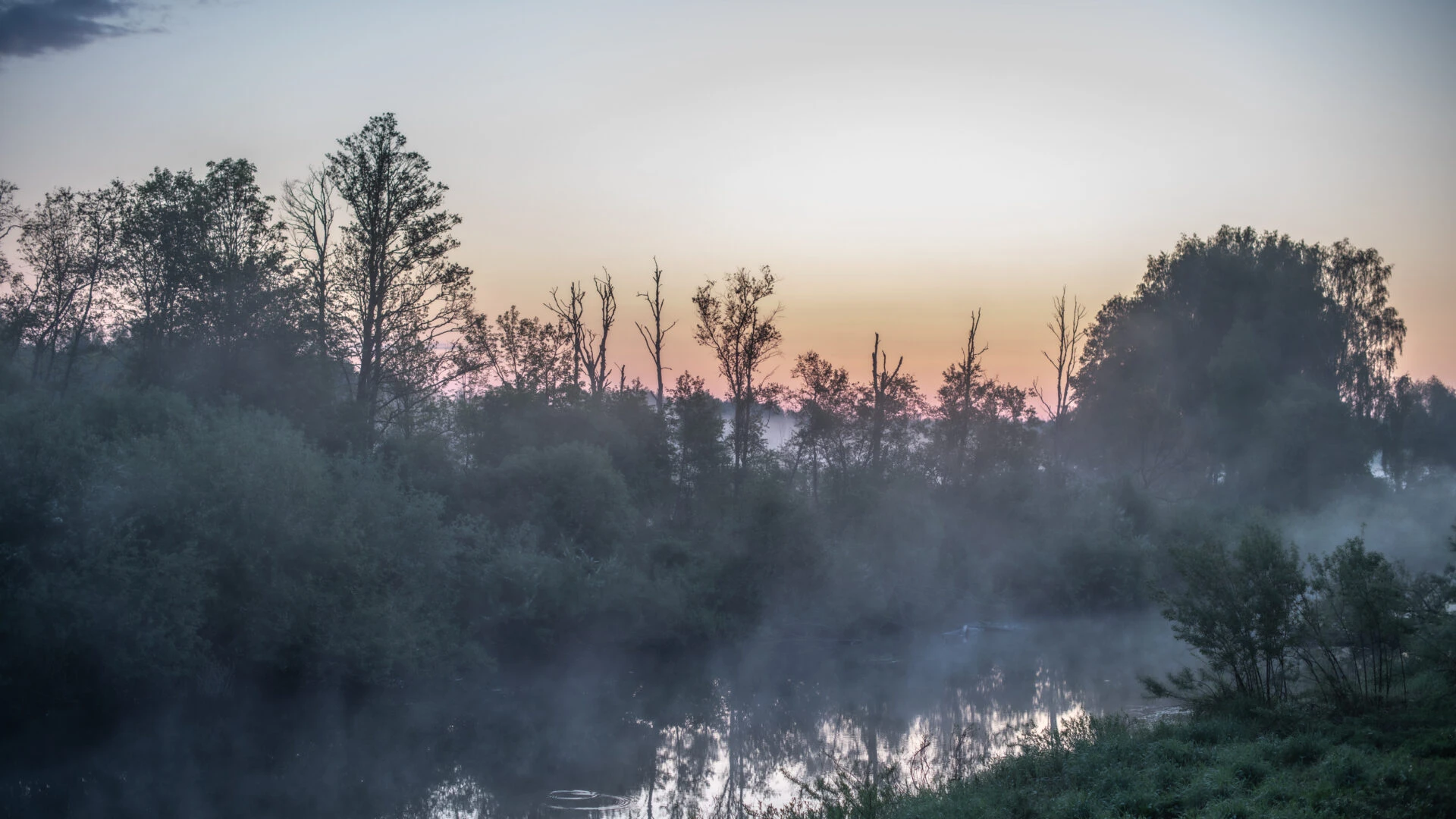
A historic victory for nature – the Regulation on Nature Restoration (Nature Restoration Law) has been adopted
Yesterday, on June 17, after intense final discussions, the EU Environment Council officially adopted the Regulation on Nature Restoration. This marks the final step for this long-awaited proposal to become law. The adoption of the Regulation on Nature Restoration represents a significant victory for European nature, climate action, EU citizens, and the future.
Member States kept their promises, and with a majority of 20 countries representing 66.07% of the population, the law was officially approved. This outcome was made possible thanks to Austria’s Environment Minister Leonore Gewessler, who changed Austria’s position at the last minute, ensuring the law’s passage. In total, 20 countries supported the Nature Restoration Law, while six countries – Finland, Sweden, Italy, Poland, Hungary, and the Netherlands – voted against it. Belgium, which currently holds the EU presidency, chose to abstain.
The Regulation on Nature Restoration aims to revive Europe’s natural ecosystems and mandates that Member States identify and implement measures to restore at least 20% of the EU’s land and sea areas by 2030. According to the latest report from the European Environment Agency, the state of nature in Europe is rapidly deteriorating. Most habitats (85%) and species are currently in unfavourable conditions. Wetlands, dunes, and grasslands are among the most affected habitats, while pollinators are facing the greatest decline among species. The primary drivers of this degradation are urban sprawl, unsustainable agricultural and forestry practices, and environmental pollution.
Despite opposition from some countries, it’s important to highlight that in May 2024, a public opinion poll conducted by the #RestoreNature coalition of environmental organizations in the member states that opposed the regulation showed strong public support for the Regulation on Nature Restoration. On average, 75% of the population supports the adoption of such a law.
Furthermore, the latest Eurobarometer (May 2024) public opinion poll indicates that an utter majority (84%) of European Union residents support environmental protection, with nature restoration highlighted as one of the best ways to safeguard the environment. This suggests that the opposition from these countries likely reflects the stance of the current political parties in power or the influence of strong agricultural (Poland) and forestry (Sweden, Finland) lobbies, rather than the views of society as a whole. Additionally, some countries, such as Austria and Belgium, experienced intense debates and internal disagreements over their final positions.
The Nature Restoration Law faced one of the most significant challenges in the history of EU legislation. After withstanding a disinformation campaign aimed at derailing the law in the European Parliament, it came close to being rejected during the final vote in the Environment Council. Ultimately, however, support for the law prevailed.
In recent years, the #RestoreNature coalition of environmental organizations gathered over a million signatures and messages from citizens. More than 6,000 scientists, along with over 100 major companies, youth organizations, and civil society groups from various sectors, consistently voiced their support for the regulation. As a member of the #RestoreNature coalition, the LFN extends its gratitude to everyone who contributed to this achievement and made this outcome possible.